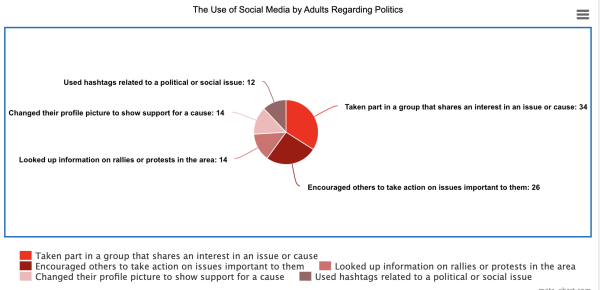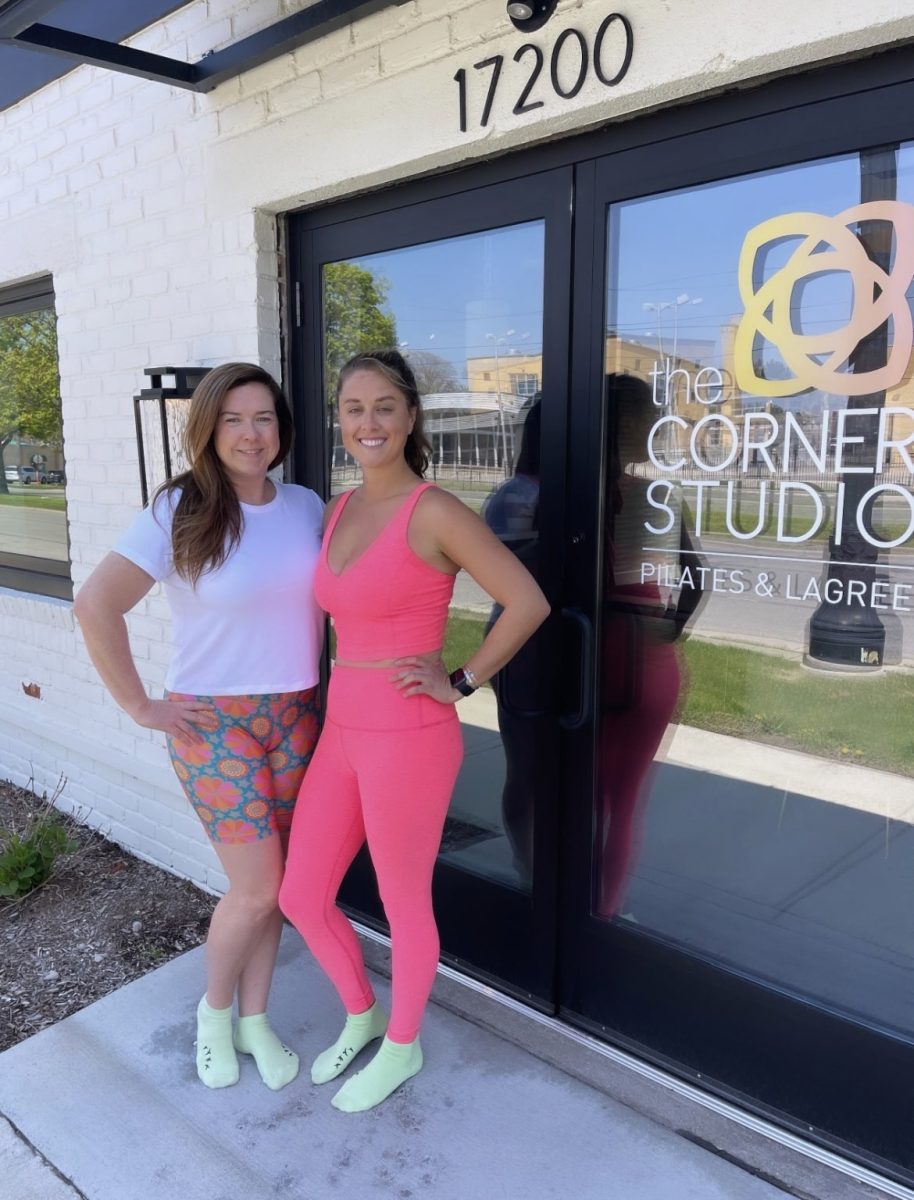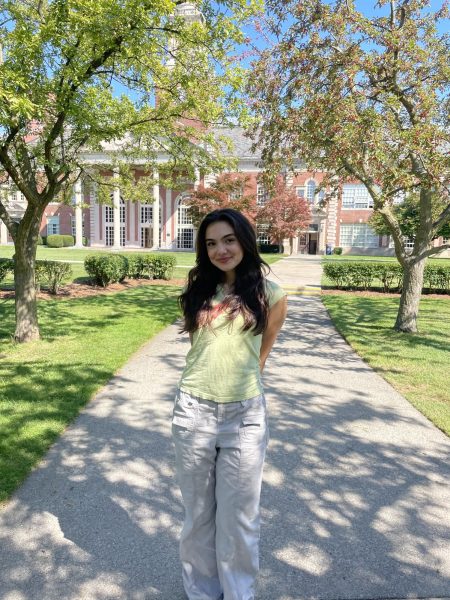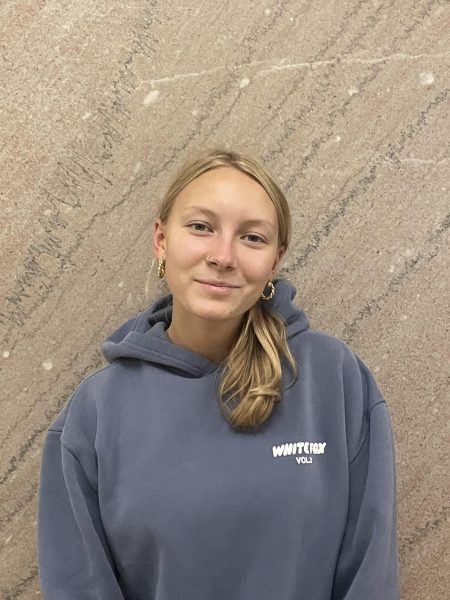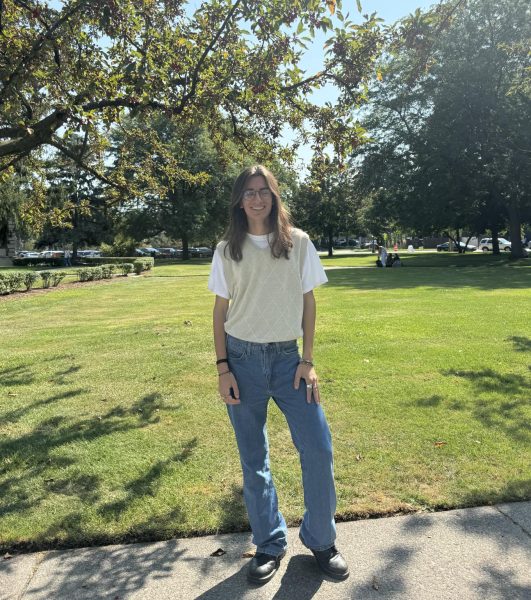Inconsistency is a word to describe a discrepancy, a divergence from the natural course of things. The world itself is stuck within an inconsistent state, with notable division through classes, geography, status, and most prominently in our country today, politics. The United States’ political landscape is heating up in preparation for the Presidential election on Tuesday, November 5. This year’s ballot will include Donald Trump (Republican), Kamala Harris (Democrat), Jill Stein (Green), and Chase Oliver (Libertarian). However, instead of discussion surrounding the election being focused on political topics, it has mainly been focused on the personal battle between Donald Trump and Kamala Harris for the presidential seat.
One key topic for both parties is a matter of pocketbook issues. Voters must ask themself the question: “Am I better now than I was four years ago?” and consider things such as the price of gas and groceries. In addition, the Republican party has made immigration a major concern whereas the Democratic party has made reproductive rights a major concern.
But despite these important topics in our current society, this election has seemingly transformed into a dramatic frenzy rather than a serious political seat. Social Studies and Government teacher Andrew Taylor believes that having political discussion should not be avoided, but sometimes it is necessary to ensure a peaceful classroom.
“You want to teach a class that is relevant to people’s lives, but it is really hard because people are so emotional about it,” Taylor said. “So if I start to show a clip of something Trump or Harris said, people immediately react to it emotionally before you have even let it play. So it is sad that I find myself using older examples that are basically before your lifetime, because people don’t have an emotional reaction to it. So I personally avoid doing the day to day drama reaction, because it’s not helpful to immediately have an emotional reaction as soon as you see somebody’s image on the screen, before you’ve got a chance to even analyze what they are saying.”
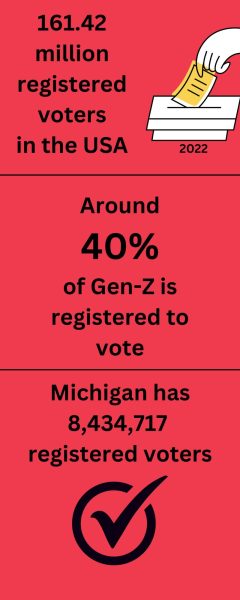
The most significant culprit of the uptick in candidate-centered drama is the culture of advertisements. Believe it or not, derogatory ads targeted at one’s opposition have only been a more recent development, within the last 15 to 20 years. Despite Biden’s historial drop out, this change can be seen in his advertisement patterns. Four years ago, they were solely about himself and not the negativity of others. This year, almost all ads on either side were set out to make others look unfavorable, and not to make their own self look favorable. Associate Professor of Political Science at Oakland University, Cody Elderge explains that recently, each party has spent a lot more money on social media engagements in an effort to connect with the younger generation.
“We see political candidates increasingly acknowledging this by attempting to engage voters through social media,” Elderge said. “I keep seeing TikToks from Donald Trump and his sons, for example. In terms of influence, social media can be both good and bad. We know that misinformation and conspiracy can often spread more easily on social media, but fortunately younger people are more tech savvy and discerning with regard to the types of information they construe as factual. We actually see social media having a more deleterious effect on older generations; these folks tend to be more likely to internalize false information and conspiracy through social media.”
Another unique characteristic of this election is the culture of debates. Customarily, both the presidential and the vice presidential candidates participate in several debates throughout the course of the election. However, this year there have been only two valid debates overall, and one null due to President Biden’s decision to drop out. In relation, the practice of real time fact checking during debates and other events has been more prominent this year than in other years, due to a reliance on technology. Social Studies Department Chair Peter Palen explains that the 2024 election is one that displays historical differences.
“The fact that Joe Biden dropped out of the race is very unique,” Palen said. “To switch candidates as late as a couple months before the election is unique to this election. Another thing that I think is unique about this election is that there’s a cloud of uncertainty about ‘how much does my vote matter?’ Because there are a lot of people who question the legitimacy of American elections and things like that.”
The 2024 Trump V. Harris’ debate has provoked heavy analysis and discussion. Things like body language, question evading, and overall attitudes were dissected under a microscope by the media, and by American citizens. And on both sides, there seems to be a general consensus of disappointment. Candidates seemed to either be playing offense or defense in an immature manner, and neither candidates presented their solid plan for the future of our nation.
In comparison, the vice presidential Vance V. Walz debate facilitated a respectful and constructive environment, ushering a favorable reaction among Americans. Many are praising the vice presidents for their civility, and feel that they suddenly carry a newfound influence. Palen feels that because there has been a lack of presidential specific debates, Americans will be looking to the second in command for the envisionment of leadership. In contrast, however, Taylor explains that while it contained a notable increase in civility and respect between the opponents, it did not however, present newfound ideas, nor prove to be as influential as many may think. Taylor stated that while a peaceful debate is important, the election goes far beyond what is on the surface.
“The presidency is not the only election. There’s a lot of other things, and you don’t have to vote consistently with one party,” Taylor said. “You might say I like this candidate for president, but for the other races, I don’t. And so that’s something voters seem to forget, is that there’s a lot more issues on the ballot than just the president. We have got a Senate race in Michigan that’s going to be relatively close, and the Senate’s pretty important job, but I doubt that very many people could name the candidates, much less anything about them. And so thinking about the election beyond the presidency is what I would advise them.”
Along with all of the turmoil surrounding the election, it calls to question what the role politics should play in students’ lives. Many seniors this year will turn 18 in time for the election. That being said, they will be granted the democratic opportunity to vote. Jack Finazzo ’25 believes that it is important to vote in order to make a difference.
“I think the political situation recently has been bad,” Finazzo said. “I think both candidates have had a cut throat outlook on their opponent. And any statement they say is directed against their opponent.”
Although this can be an exciting time for voting seniors, politics can just sound like a nuisance to younger students. Claire Hathway ’27 thinks politics can alter friendships at school.
“I don’t think politics should be in the classroom because we don’t get to vote anyways, so I feel like it’s just kind of pointless and all it does is start conflict,” Hathaway said.
The question of politics in the classroom is one that is not only conflicting for students, but for the educators holding these discussions. These topics can not only come up in regular conversation, but especially in social sciences. An unbiased point-of-view is a standard to uphold, but sometimes can be challenging when discussing certain topics, especially ones student’s may have differing opinions on. This divide can create pressure within the classroom, one educators work to resolve in an inclusive manner.
“I always try to approach it in an unbiased way and create a safe space where people feel that they can express their opinion without being attacked,” Palen said. “And so I’m very careful to model that I think it’s important that when people have a debate, that they are physically facing each other and looking at each other. But, I would be remiss if I didn’t say that. Sometimes it’s just easier to avoid conversations because there’s a fear that something you might say might be taken out of context and be used as a ‘gotcha moment.’ But at the same time, it is my job to prepare the next generation of citizens.”
Since politics have become more broadcasted with younger generations, so has the upward trend of participation, even with individuals not able to vote. This divide has brought people together for specific causes and ideas, but led to increased separation between our society, one we have not seen in years past. While the involvement curve has led to a more educated and influenced society, it has also produced a more disjoined political system.
“At the national level, politics have grown more polarized, and partisanship among individuals has grown stronger,” Elderge said. “That is to say, there are high levels of divergence between political parties on many major issues, and we see individuals increasingly entrenched in their political views. There are a lot of consequences to this. I think we see much less bipartisan cooperation among legislators, for example, and people are so wedded to their political beliefs that they demonize others and often avoid communicating with folks who hold differing points of view. This has led to much more rancor and mistrust in politics, and I think this hurts us all. There are any number of major pressing political issues that could be readily addressed in a bipartisan fashion, but it often feels like we’re stuck in gridlock.”
